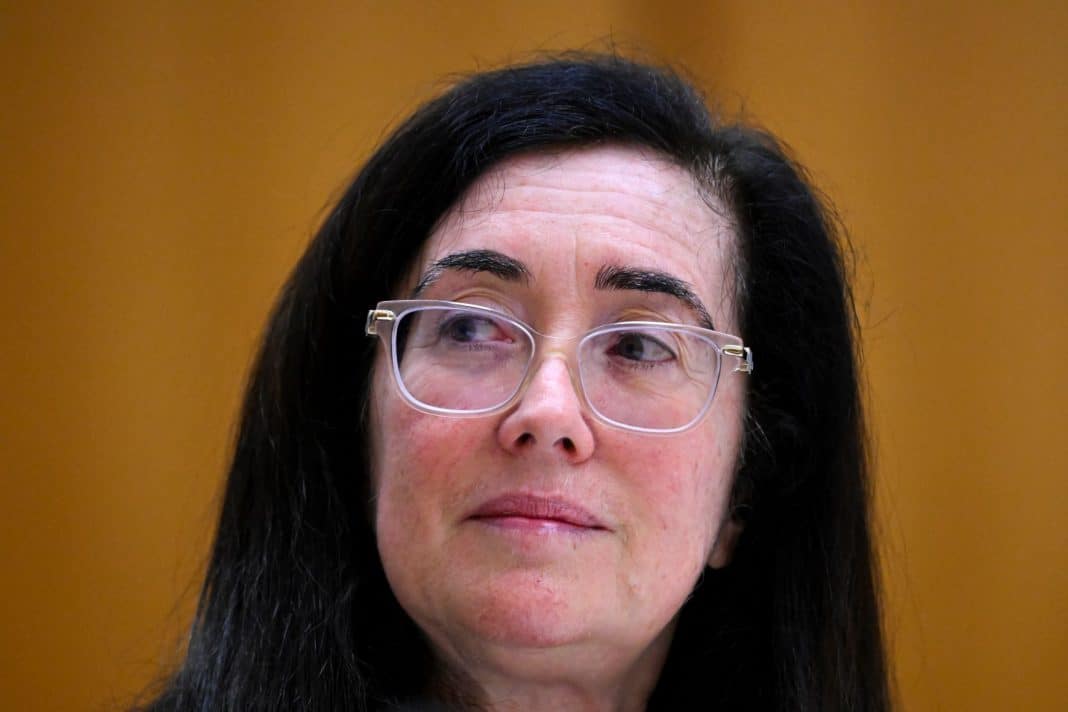Social media influencers who mislead their follower are facing a crackdown from the consumer watchdog as part of a push for more transparency.
More than 100 influencers have been identified for investigation after more than 150 tip-offs to the Australian Competition and Consumer Commission (ACCC).
The watchdog asked people to identify any influencers who weren’t disclosing when their posts constituted paid ads.
Influencers in the beauty and lifestyle industries were identified as having the most problematic posts, while those in the parenting and fashion fields were also likely to be subject to scrutiny.
Established influencers and up-and-comers will be investigated.
ACCC chairwoman Gina Cass-Gottlieb said the number of tip-offs was concerning and suggested manipulative marketing techniques were on the rise.
She said consumers were drawn to influencer testimonials because they were relatable and seemed like an ordinary person’s recommendation.
“We find with online purchasing that people take a lot of note and are persuaded by influencers,” Ms Cass-Gottlieb said.
She urged influencers to be truthful about any kind of financial benefit they were receiving for posts.
Social Law Co lawyer Tegan Boorman said influencer marketing obligations were fairly well understood but there were some “perceived grey areas” that commonly tripped creators up.
For example, some influencers did not realise gifts or free tickets to events needed to be marked appropriately.
“If there’s some kind of relationship with the brand, the influencer should disclose that,” Ms Boorman told AAP.
She said breaching paid partnership disclosure regulations does not attract fines, but influencers can suffer reputational damage if caught.
Breaching consumer law, however, can attract hefty fines.
Ms Boorman said while most influencers were switched on when it came to disclosing paid partnerships, the crackdown by the consumer watchdog would stamp out violations.
She said the accessibility of social media meant newcomers might see other influencers not doing the right thing and not getting punished, so might feel encouraged to follow suit.
“If the ACCC takes enforcement or action against someone, then people might pay more attention,” she said.
Instagram, TikTok, Snapchat, YouTube, Facebook and live-streaming service Twitch are all being monitored by the watchdog.
The sweep is looking at sectors where influencer marketing is widespread, including fashion, beauty and cosmetics, food and beverage, travel, health fitness and wellbeing, parenting, gaming and technology.
By Maeve Bannister and Poppy Johnston in Canberra
Get local, national and world news, plus sport, entertainment, lifestyle, competitions and more delivered straight to your inbox with the Canberra Daily Daily Newsletter. Sign up here.



